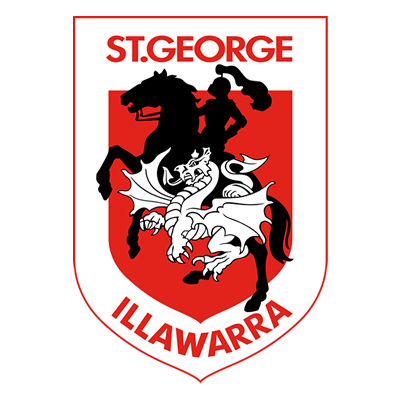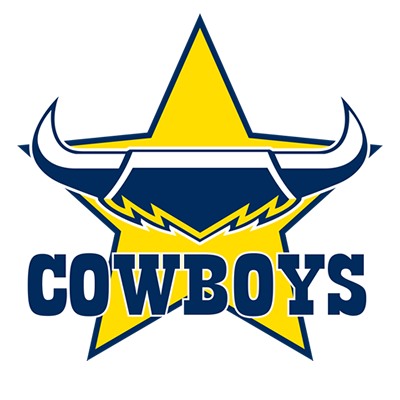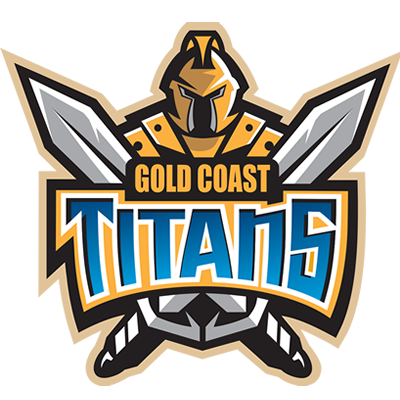I'd be the last to say this is an easy situation to address and I'm sure people have many reasons they wouldn't support this proposition. I think @Brookie Bob 's post is a significant reason. Whilst we're still doing ok relative to say Argentina economically, there is a significant amount of non indigenous people doing it tough. Be it rental costs, mortgage and general cost of living issues. I can see how getting people engaged in this proposal might be tough.A symptom of and a massive problem in our world really....I wonder if I blurt out another 2 or 3 arguments (taking me 5 mins or so) will you be as willing to so eloquently and comprehensively dispute them? And, more importantly, will others be more interested in those responses or will they simply be satisfied with the confirmation that someone else already thinks the same way they do?
Also, if I can add to the rebuttal, there's also the matter of the stolen generation. Which many alive (and voting) today were unwilling participants to and the ongoing trauma that this must have caused to individuals and communities is something that I doubt I will ever be able to understand (thankfully)
When this proposal is voted down (as I expect it to be) I would still like to see greater emphasis placed indigenous history in the more "mainstream" commercial media. I suspect a huge chunk of the population know nothing about the Black Wars and various other conflicts including the numerous massacres perpetrated.
I understand there are those that just don't want to know and take John Howard's approach to not dwell on a "black armband" version history of the country. I went to school out in the western burbs in the 60's and 70's and I don't ever remember being taught anything about aboriginal history. In high school maybe some superficial version of Cook and the First Fleet. But in infants and primary school (a Govt school) I still had to sing God Save the Queen and say the Lords Prayer so I guess it's no surprise indigenous history was not high on the agenda.
Anyway, I'm just rambling now and getting irritated.
I spose I should just get back to worrying about how many of our rep players are going to get injured and missing from our 1st game in Vegas.
















